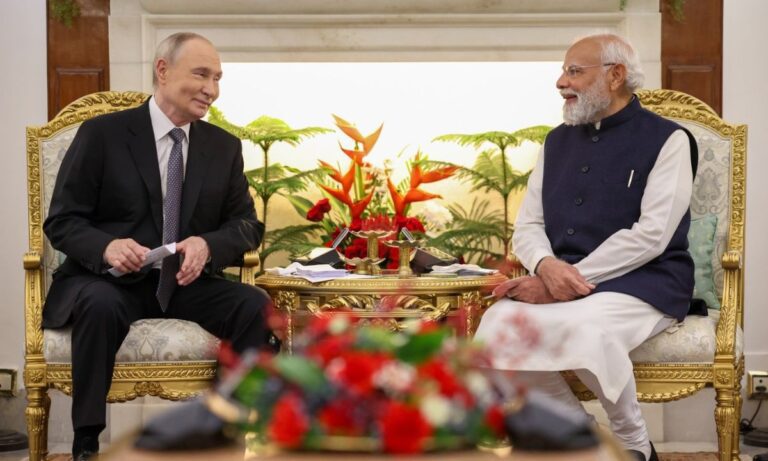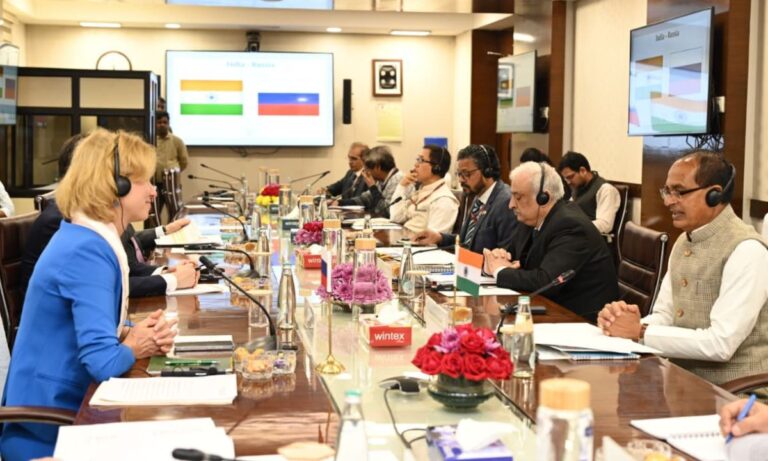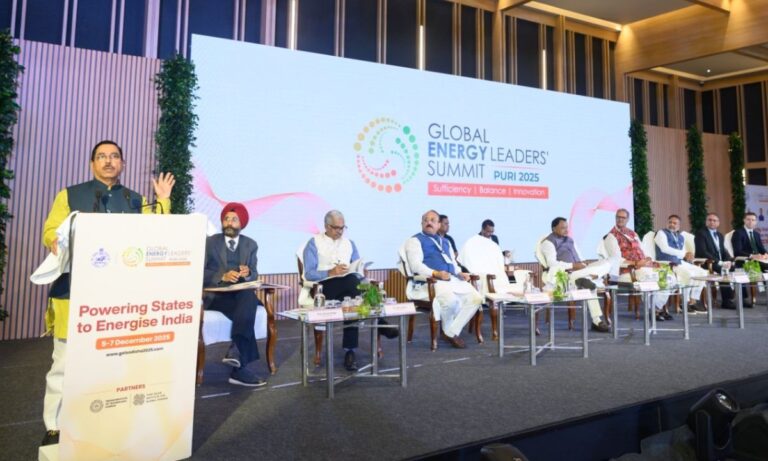
G20 Summit 2023: Unveiling Highlights from Summit Hosted in 'Bharat'
Prime Minister Modi drives the G20 Summit to a resounding success as world leaders unveiled ambitious plans for global growth. Here are key takeaways from the G20 summit 2023.
- The African Union (AU) secured permanent membership in the G20 during the inaugural session of the two-day G20 Summit.
- The G20, in its New Delhi Leaders Summit Declaration, emphasized the importance of peace and urged all nations to uphold international law principles, including territorial integrity and sovereignty. They advocated for peaceful conflict resolution through diplomacy and dialogue.
- At the G20 Summit, India, the US, UAE, Saudi Arabia, France, Germany, Italy, and the European Union inked a Memorandum of Understanding (MoU) to establish the India-Middle East-Europe Economic Corridor. This initiative, described as “game-changing” by President Biden, aims to enhance trade connectivity between India, the Middle East, and Europe, fostering economic ties across a significant portion of the global economy.
- During the G20 Leaders Summit in New Delhi, UK Prime Minister Rishi Sunak pledged a $2 billion contribution to the Green Climate Fund (GCF) to assist developing nations in addressing climate change challenges. The GCF, the world’s largest such fund, was established under United Nations climate negotiations to support financially disadvantaged countries in achieving emissions reduction goals, transitioning to cleaner energy sources, and adapting to a changing climate.
- Russia viewed the G20 consensus declaration positively, considering it a balanced statement that refrained from direct criticism of Moscow for its involvement in the conflict in Ukraine. Russia’s actions in Ukraine in 2022 have had far-reaching consequences, including loss of life, mass displacement, and global economic instability, although Moscow continues to assert that it is conducting a “special military operation” and denies allegations of atrocities.






